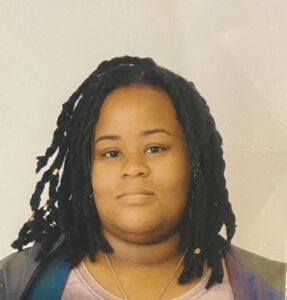-
Place of Birth
New York
-
Tribal Affiliation
Sharakhi
-
Surname Heritage
Ireland / England / Scotland
Correy History, Family Crest & Coats of Arms

The age-old Scottish surname Correy was first used by the Strathclyde-Briton people. The Correy family lived in the parish of Hutton Corrie in the county of Dumfriesshire.
Early Origins of the Correy family
The surname Correy was first found in Dumfriesshire (Gaelic: Siorrachd Dhùn Phris), a Southern area, bordering on England that today forms part of the Dumfries and GallowayCouncil Area, where they held a family seat from very ancient times, some say well before the Norman Conquest and the arrival of Duke William at Hastings in 1066 A.D.
Early History of the Correy family
This web page shows only a small excerpt of our Correy research. Another 176 words (13 lines of text) covering the years 1194, 1296, 1379, 1398, 1449, 1526, 1547 and 1797 are included under the topic Early Correy History in all our PDF Extended History products and printed products wherever possible.
Correy Spelling Variations
In Medieval times, spelling and translation were not nearly so highly developed as today. They were generally carried out according to the sound and intuition of the bearer. For that reason spelling variations are extremely common among early Scottish names. Correy has been spelled Corrie, Corry, Corey, Correy, Corrye, Corie, Cory, Cawrie, Cawrey and many more.
Early Notables of the Correy family (pre 1700)
More information is included under the topic Early Correy Notables in all our PDF Extended History products and printed products wherever possible.
 Migration of the Correy family to Ireland
Migration of the Correy family to Ireland
Some of the Correy family moved to Ireland, but this topic is not covered in this excerpt.
Another 84 words (6 lines of text) about their life in Ireland is included in all our PDF Extended History products and printed products wherever possible.
Correy migration to the United States +
Unrest, poverty, and persecution caused thousands to look for opportunity and freedom in the North American colonies. The crossing was long, overcrowded, and unsanitary, though, and came only at great expense. Many Strathclyde families settled on the east coast of North America in communities that would form the backbone of what would become the great nations of the United States and Canada. The American War of Independence caused those who remained loyal to England to move north to Canada as United Empire Loyalists. In the 20th century, Strathclyde and other Scottish families across North America began to recover their collective heritage through highland games and Clan societies. Among them
Esther Correy (House of Correy)
(1993/03/28)


